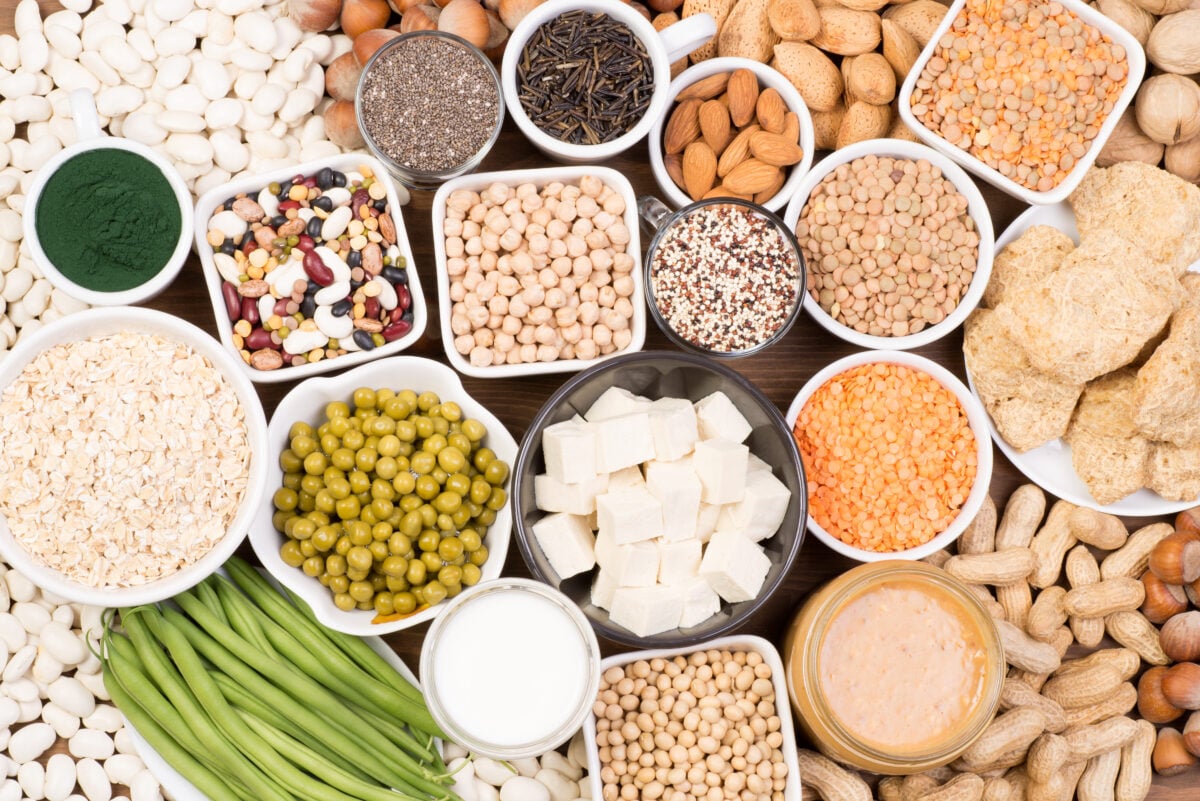All plants provide all the amino acids required to meet human protein needs, Dr. Neal Barnard has argued in a letter in the New England Journal of Medicine. It’s often claimed that plant-based diets lack essential amino acids. But Dr. Barnard, president of Physicians Committee for Responsible Medicine (PCRM), has debunked this claim.
Read more: What Plant-Based Foods Are ‘Complete’ Protein Sources?
The renowned plant-based physician was responding to a study that stated: “plant proteins are usually deficient in 1 or more indispensable amino acids.”
Addressing this claim, Dr Barnard wrote: “Although the consumption of a variety of plant foods ensures better nutrition overall, all plants contain all indispensable amino acids.”
Read more: 4 Protein-Packed Edamame Recipes
Getting protein on a plant-based diet

The authors of the review that Dr. Barnard criticized responded in a letter in the same journal issue. They said they agreed with him “regarding the importance of plant-based diets” which are scientifically “recognized” for their effectiveness in reducing chronic illnesses and environmental harms.
However, they added that “Plant proteins in general are less digestible than animal proteins and have a lower essential amino-acid content.” They said these “limitations” could be “overcome by ingesting larger amounts of plant protein, fortifying foods with essential amino acids, and selecting a variety of plant food sources that have complementary amino-acid distributions.”
It’s true that many plant proteins do contain differing amounts of amino acids, and combining different plant foods is a great way to ensure adequate intake. Foods containing all nine essential amino acids in consistent amounts are often called “complete” proteins. Some people believe that animal proteins alone are complete, but there are a number of plant-based sources of complete proteins, including tofu and quinoa. According to a 2019 study in the journal Nutrients, “the question of any amino acid deficiency [in vegan/vegetarian diets] has been substantially overstated.”
Read more: A 50% Market Share For Alt Proteins Could Reduce GHGs More Than EVs, Says Report






